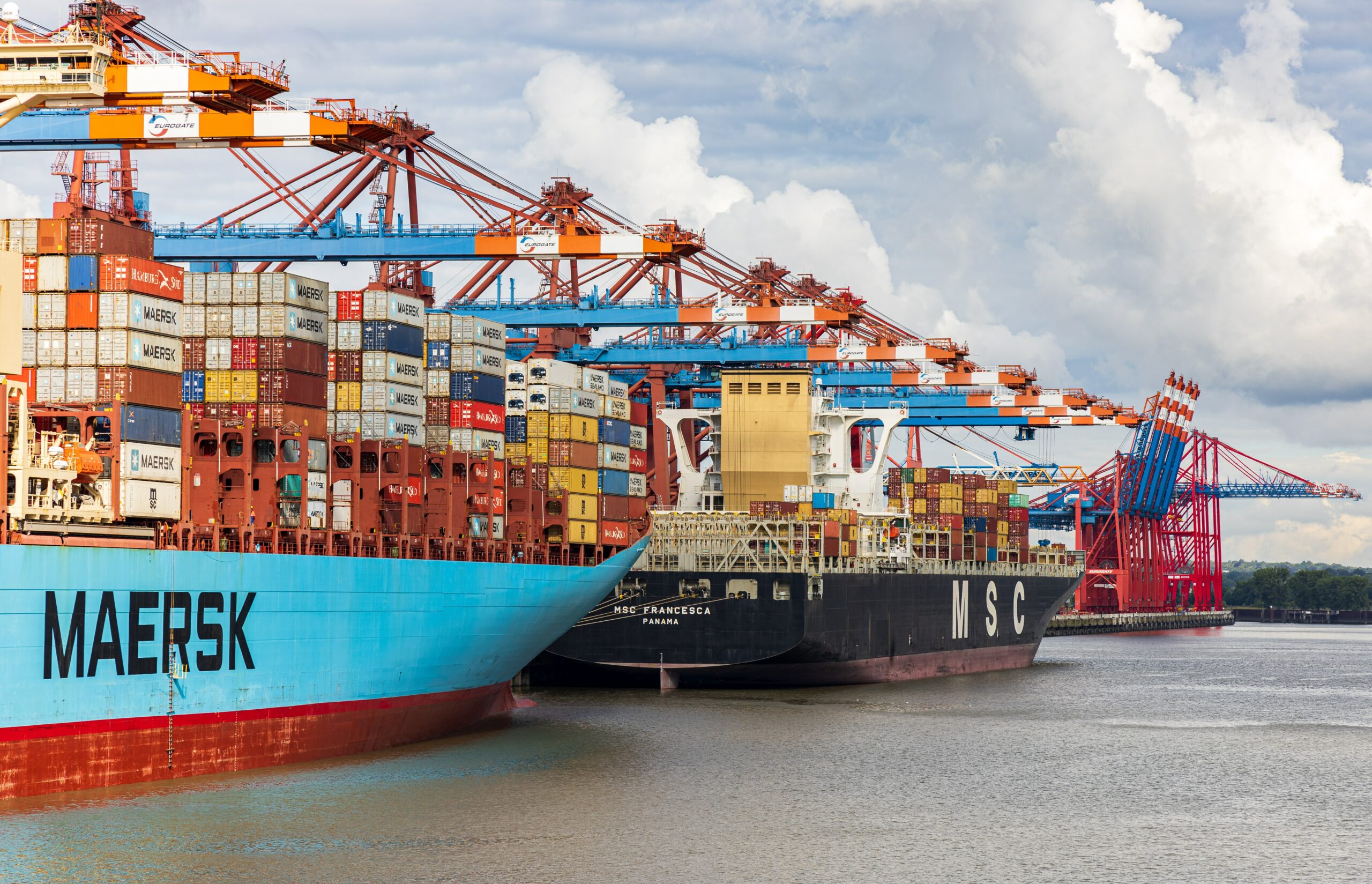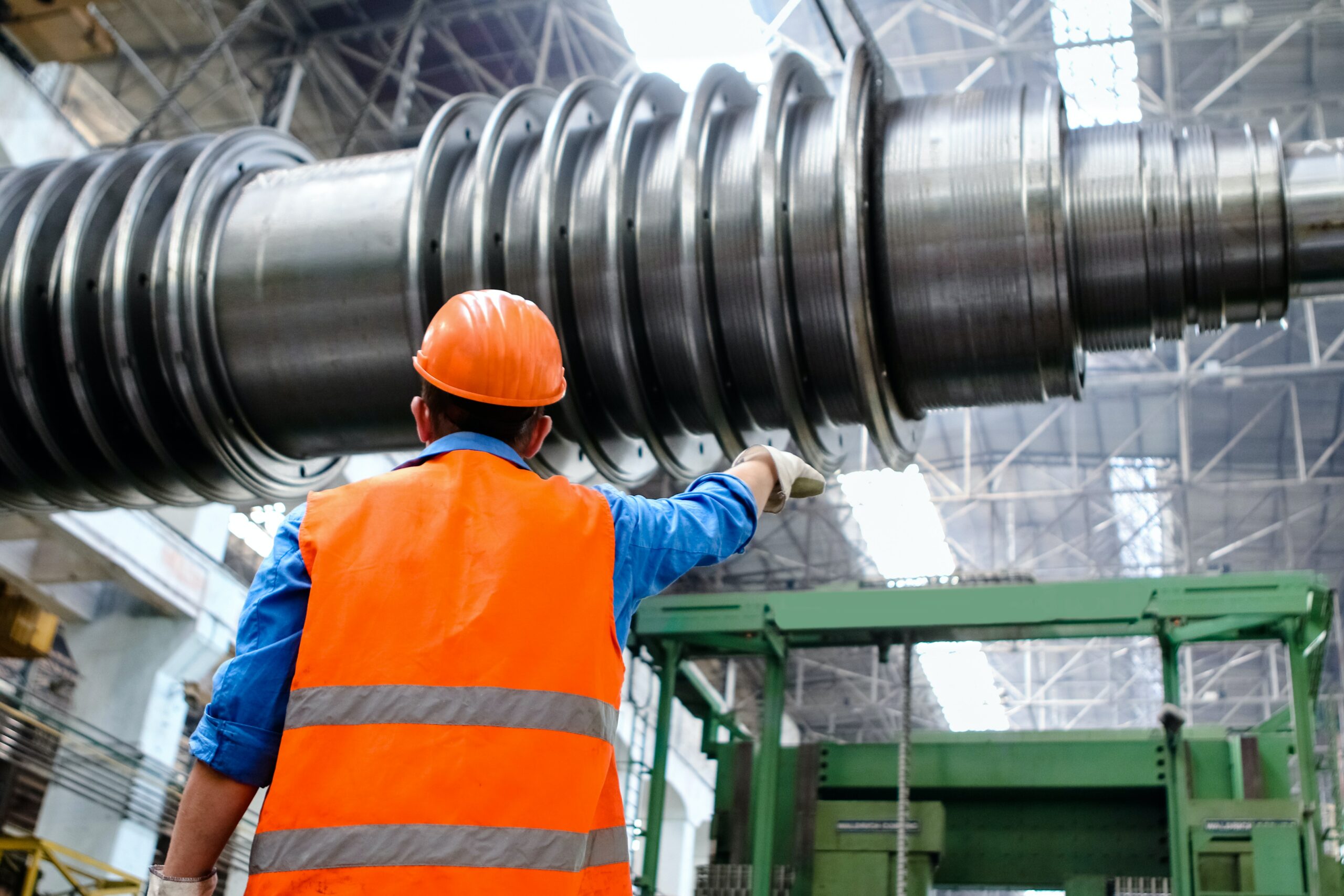You served as a member of the National Council from 1999 to 2006, before becoming a member of the Swiss Federal Council from 2006 to 2018. A period in which a lot has changed internationally as well as in Switzerland. What do you see as the most significant differences when you compare the Switzerland of back then with the Switzerland of today?
Of course, many things have changed during this time. In my opinion, the most obvious and important is the rise of China as a world power. In a short time, China has succeeded in leading all relevant statistics, massively reducing poverty, establishing a middle class and developing the domestic market. From a low-cost production country, it is increasingly becoming a high-tech country, leading together with the USA in the field of digital technologies. During this period, Switzerland has signed agreements with China in almost all sectors to secure market access and is thus well positioned for the coming years. The existence of the G20, founded during the financial crisis, should also be mentioned. Switzerland is not part of it, but was invited and is allowed to participate again and again. A committee admittedly not democratically legitimized, but influential, trend-setting and an important network for Switzerland. Thirdly, I would mention the climate policy. Initially ridiculed and neglected, the Paris Agreement was reached in 2015, a great success for the multilateral scene. Switzerland was exemplary, but has further potential. The vote on the revised CO2 law will be an important milestone. Finally, the importance of the Internet should be mentioned. Boosted by Corona, digital technologies now dominate our lives from dawn to dusk, driving completely new business models and a global marketplace. Here, too, Switzerland is well positioned according for example to the IMD index.
According to the Global Innovation Index, Switzerland remains the most innovative country in the world. How do you think Switzerland has managed to achieve this position and how can it be ensured that Switzerland will continue to be one of the most innovative countries in the future?
Switzerland has a long tradition of building a superior education system. Free access to basic education for all and the principle that everyone can complete an education, the dual vocational training system and qualified access to universities form the basis. The permeability of the various training paths, continuous further training and the relatively high level of investment by the state and the private sector in research and development all contribute to excellence. In view of the shortage of skilled workers and demographics, it will be important to maintain the openness of the system, the attractiveness for talented students, foreign students/bachelors or masters. In the area of higher education, access to European research programs is also important. In applied research, I think the funding gap for apps/digital developments should be closed.
How important are international trade agreements, such as the one with China, in which you played a key role?
As already mentioned, China is becoming increasingly important for both exports and imports, and the trade agreement secures market access for us. Mutual tourism with all its side effects should not be neglected either. We have been faster than, for example, the EU in the area of China trade agreements, which is important and ensures a market advantage for our companies. The agreement needs to be revised, but it remains a central basis. Such relationships always allow for high-level talks and exchanges on issues that could not otherwise be discussed.
As the WTO has not really moved forward for several years, bilateral trade agreements have gained in importance. While this leads to more complexity and confusion, it currently remains the only way to negotiate preferential terms, as well as investment protection agreements or agreements in the area of taxation. Switzerland has always been active in these areas, which helps our globally active companies. Looking at the dynamics in the Asian region, Switzerland is also quite well positioned here and should establish and integrate further possibilities for market access, but also standards for products (e.g. origin, environmental protection, child labor, etc.) within the framework of EFTA or bilaterally. Furthermore, the handling of data, its taxation, etc. is still underdeveloped. Here, too, Switzerland should play an innovative role until governance is established internationally.
With the election of Joe Biden, it can be expected that the U.S. could once again establish a closer relationship with Europe and that the principle of „America First“ will no longer determine policy from the White House. What do you expect from this for Switzerland and what importance do you attach to the relationship between Switzerland and the USA in general?
In view of our foreign trade balance, the USA is very important for Switzerland, especially for the pharmaceutical and machinery industries. In the U.S., people tend to forget that Switzerland is historically a sister country. Joe Biden knows that and that can help with tricky issues, such as the question of currency manipulation. Basically, I don’t expect much to change in the area of foreign economic policy under Joe Biden. At best, the conflict with China will be stabilized and talks will be sought. What will change, however, is the policy with regard to multilateral organizations, notably the UN. This is enormously important, also because of funding and charisma. The relationship with the EU is also important for Switzerland – be it in terms of security, data protection or human rights.
As Chair of the Swiss Digital Initiative Foundation, one of the goals you are pursuing is to strengthen the innovative capacity of Swiss companies. How do you go about this in concrete terms, and in your opinion does federalism get in the way of implementing holistic and functioning concepts?
The SDI does not want to provide further reports and analyses on digital technologies, but to implement concrete projects. Our first project is the development of a Digital Trust Label. We are working with experts from EPFL, ETH, University of Geneva and University of Zurich, then expanded to the international level and in the sense of a multistakeholder approach invited the user community for their comments, ideas, and so on. It is important for us to integrate consumers as well as companies and NGOs. Since our label is to be positioned internationally or already is, the federal structure of Switzerland does not play a role for us. Our label has to work internationally!
You have played a significant role regarding the energy transition in Switzerland. The pandemic shows that Swiss politics can react quickly and restrictions have taken an important role in the fight against Covid-19. Often, politics show only a fraction of this commitment when it comes to climate change. How do you think this can be justified?
The production, sale and distribution of energy, including electricity, requires large investments, which is why a transition away from fossil energy to more renewable energy takes time. These are long-term processes. It is important to initiate them, to name them clearly and to create incentives for investors. The Swiss people want a change of direction, as they have confirmed with a clear „yes“ to the Energy Act. I am convinced that the CO2 law will also be supported with just as clear a vote. Since a lot of money is at stake, there are always powerful opponents and ideologies. Many want to keep their sinecures, others live very well with the current situation and do not want any changes. Switzerland’s security of supply must also be secured in the best possible way. This can best be done in conjunction with Europe, which is provoking political opponents again. The complexity of the topic is demanding, therefore it needs a lot of information, accompaniment by science and role models! Those who change over more quickly will be among the winners.
In your view, what are the most important steps that Switzerland needs to take in the coming years as a contribution to the fight against global warming? And how realistic do you think it is that such decisive steps will actually be implemented?
The Swiss CO2 balance is not very good, especially in the area of mobility. Here, e-mobility for cars would be very helpful, as would hydrogen for trucks, supplemented of course by our good public transport system. In the area of buildings, oil heating should be replaced within the next 10 years and the consumption of more regional products would also be helpful. All 3 steps are feasible and I am confident that by 2030 we will have a better balance. However, there is also a rebound effect: we need more electricity, so it depends very much on its production for the overall balance.
The Covid 19 pandemic has now been affecting the world for almost a year and has had a major impact on life in Switzerland as well. Positive results from vaccination studies now give hope for an end to the pandemic. What changes do you think will remain as a result of the pandemic and are there perhaps also positive after-effects of the pandemic?
I hope that we will give more attention and appreciation to the elderly, to retirement and nursing homes as well as to hospitals. A deeper discussion about quality of life is important. Hygiene will remain increasingly in everyday life after Corona, as will the trend towards healthy, often organic or vegan food from the region. I also assume that home office will be part of the standard of possible forms of work and generally people will appreciate a nice home instead of being constantly on the road. It is also clear that digitalization will generate additional services as a result of the boost and that the number of Internet users in Switzerland in particular will continue to rise sharply.
Can the pandemic also serve to promote innovation? If so, to what extent?
Of course, the pandemic has also brought about many innovations, not only in the area of vaccines, but also in the area of data exchange, health data, cooperation between hospitals and care providers, new services in the catering industry, logistics chains optimized, efficiency gains achieved due to cost pressures, and so on. All this makes Switzerland more competitive, which is also necessary in view of the strong franc.






